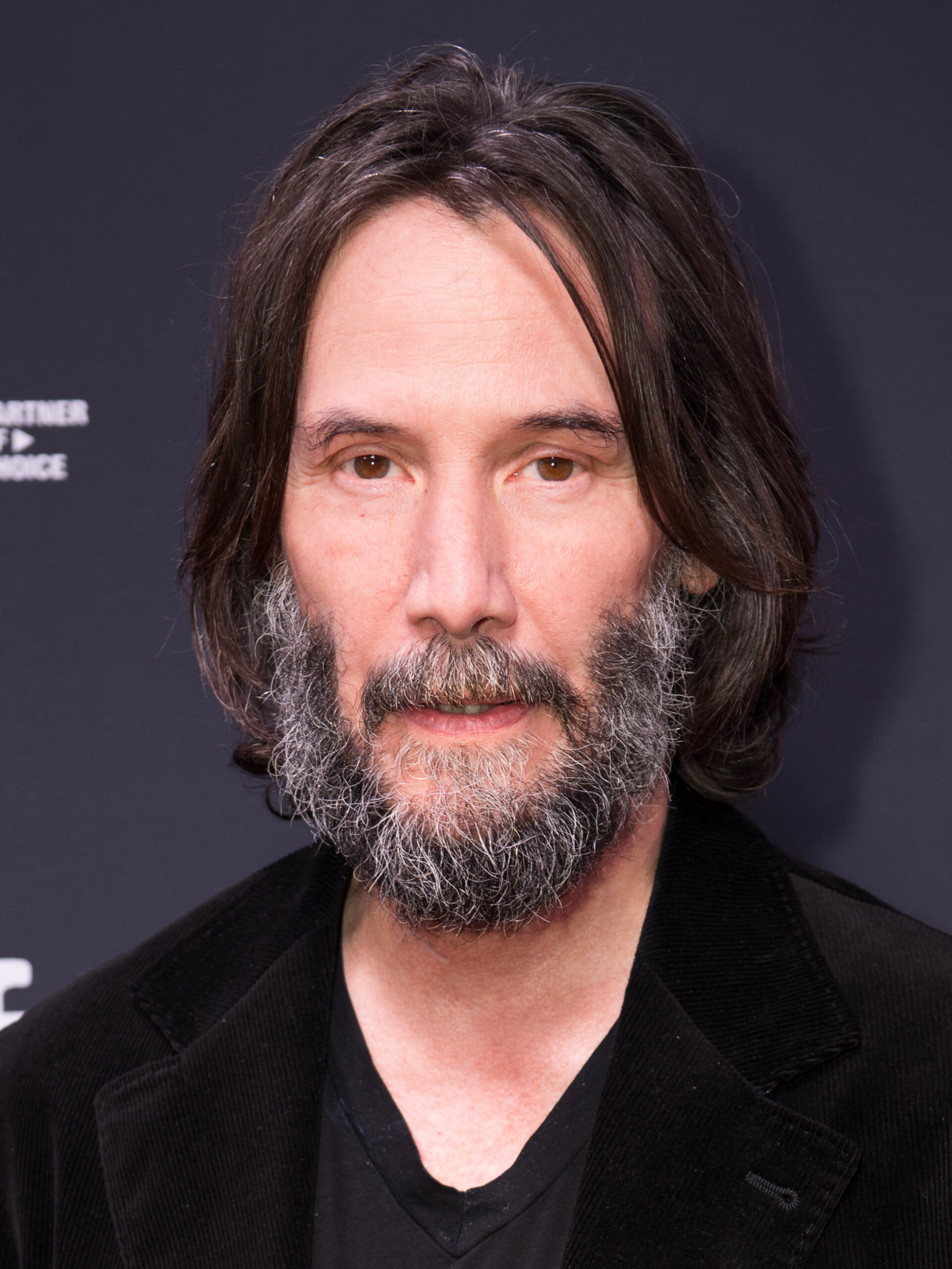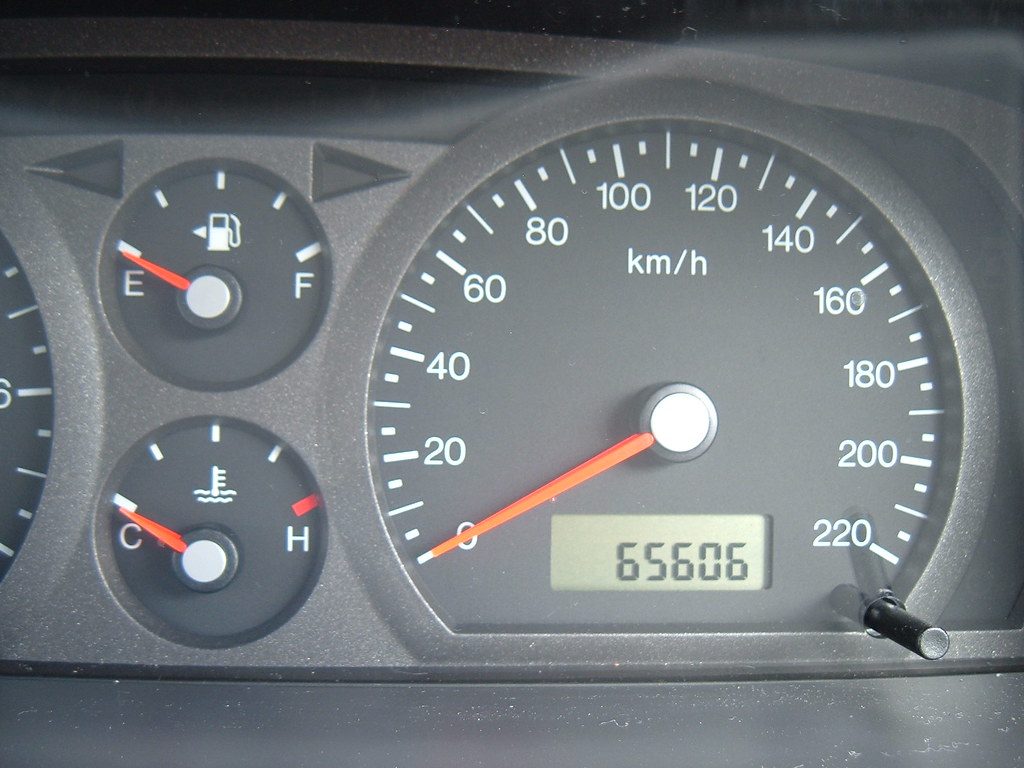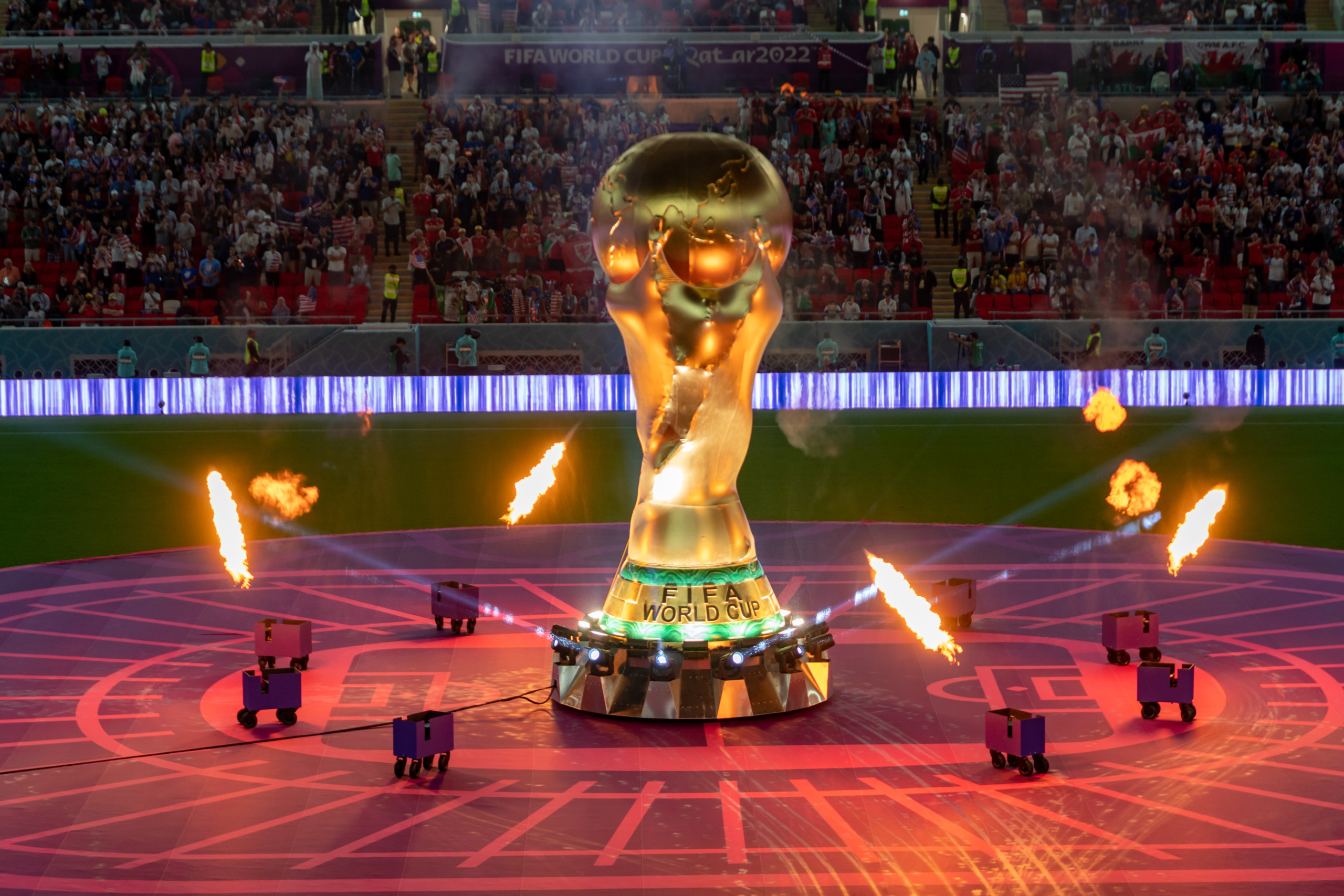
The vibrant spectacle of the FIFA World Cup in Qatar has been overshadowed by a series of unsettling events, casting a somber pall over the global football tournament. In a matter of days, two journalists covering the prestigious event have died suddenly, and a security guard sustained serious injuries after a fall at one of the stadiums.
Adding to the growing concerns, Qatari photojournalist Khalid al-Misslam, working for Al Kass TV, was reported to have “died suddenly” while covering the FIFA World Cup Qatar 2022. The Doha-based Gulf Times announced the news, tweeting, “We believe in Allah’s mercy and forgiveness for him, and send our deepest condolences to his family.” The specific circumstances surrounding al-Misslam’s death remain unclear, contributing to a sense of unease.
Al Kass TV confirmed al-Misslam’s passing in a live broadcast over the weekend, though details regarding the cause of his death were not immediately available. This tragic announcement compounded the distress already felt throughout the media community, following another significant loss just days prior.
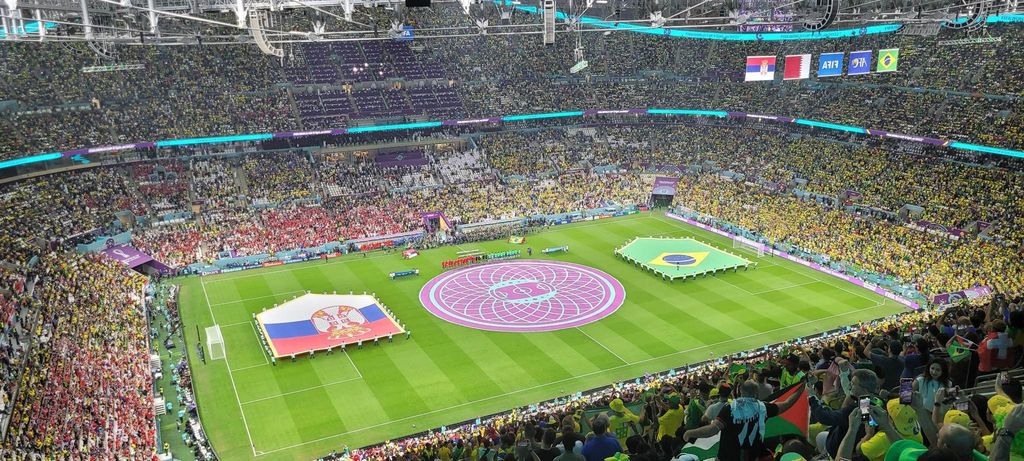
The news of al-Misslam’s death came on the very same day that a security guard suffered a severe injury at Lusail Stadium, one of the tournament’s key venues. The guard, reportedly a migrant worker, fell from a “significant height” around 2 a.m. on Saturday, immediately after Argentina’s quarterfinal victory over the Netherlands. This incident further intensified concerns about safety and welfare amidst the high-pressure environment of the World Cup.
The security guard is said to have plunged from the top outside concourse to the ground, an alarming occurrence that prompted immediate attention. Reports on Sunday indicated he was in a stable but critical condition, highlighting the severity of his injuries and the ongoing need for urgent medical care.
Qatar’s supreme committee released a statement describing the incident as a “serious fall while on duty.” The statement clarified that “Stadium medical teams immediately attended the scene and provided emergency treatment before he was transferred to Hamad Medical Hospital care unit via ambulance.” Authorities further affirmed their commitment to understanding the incident, adding that Qatari authorities are “investigating the circumstances leading to the fall as a matter of urgency.”
These recent events unfolded just a day after the tragic death of prominent U.S. journalist Grant Wahl. Wahl, 48, was actively covering the Argentina versus Netherlands game on Friday when he reportedly collapsed in his seat at the Lusail Stadium. His sudden passing sent shockwaves through the international sports journalism community.

Witnesses present at the stadium recounted that Wahl received swift attention from emergency services workers immediately after his collapse. He was then quickly rushed to a hospital, though it remained unclear whether he died at the facility or en route. The World Cup’s organizing committee acknowledged his death, stating they were in contact with the U.S. Embassy but did not disclose the cause of his passing.
In the weeks leading up to his death, Grant Wahl had garnered international headlines for a separate, highly publicized incident. On November 21, he tweeted that he had been refused entry to a game between the United States and Wales because he was wearing a rainbow t-shirt, which he wore in support of the LGBTQ community.
This incident underscored the cultural and legal sensitivities in Qatar, where homosexuality is illegal. Wahl explicitly stated that a security guard ordered him to change his shirt when he attempted to enter the stadium, declaring, “You have to change your shirt. It’s not allowed.” Signs supporting gay rights have been consistently treated with contempt by authorities throughout the World Cup, reflecting Qatar’s strict societal norms.
Just days before his death, on December 6, Wahl had openly shared his struggles with his health on his Substack blog. He detailed feeling unwell and having attended a medical clinic, writing candidly, “My body finally broke down on me.” He attributed his condition to the demanding schedule, explaining, “Three weeks of little sleep, high stress and lots of work can do that to you.”
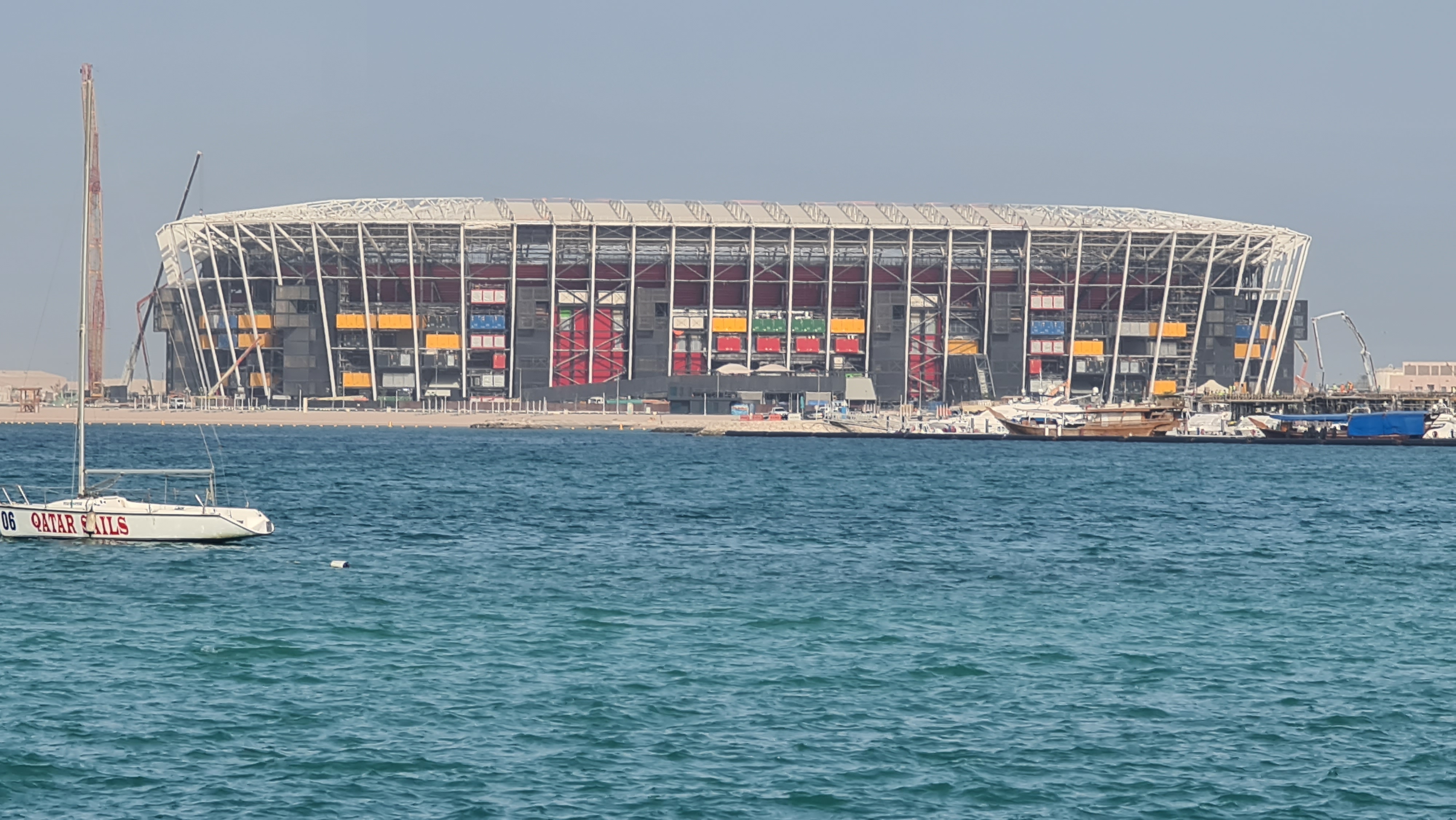
Wahl elaborated that a cold he had been experiencing for about ten days had evolved into “something more severe” on the night of the USA-Netherlands game. He described feeling a “new level of pressure and discomfort” in his upper chest. Despite his concerns, he noted that he did not have COVID and that medical professionals had advised him he “probably” had bronchitis, which is an inflammation of airways in the lungs.
Medical staff provided him with a course of antibiotics and some “heavy-duty cough syrup,” which Wahl noted made him feel “a bit better just a few hours later.” However, he concluded his update with a somber, “But still: No bueno,” indicating that he was far from fully recovered.
Following Grant Wahl’s death, his brother, Eric Wahl, made a startling accusation, suggesting foul play might have been involved. In an Instagram video that has since been deleted, Eric, who is gay, stated, “I’m the reason he wore the rainbow shirt to the World Cup.” He firmly asserted, “My brother was healthy. He told me he received death threats. I do not believe my brother just died. I believe he was killed. And I just beg for any help.”
Eric Wahl further confirmed that his brother’s body was scheduled to be flown back to the United States. He emphasized that the cause of death would be determined by an autopsy performed in the U.S., and the family would release a proper statement only after the findings were available.
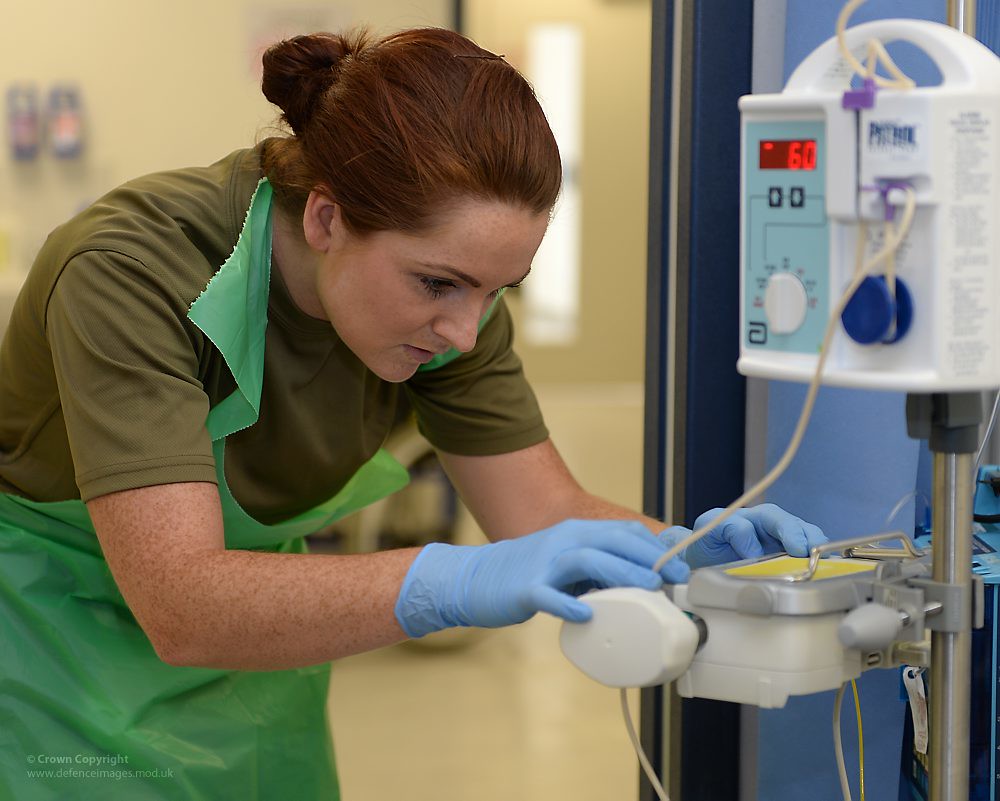
On Sunday evening, Eric provided an update on Twitter, detailing the immediate aftermath of his brother’s collapse. He wrote, “Grant did go to hospital in an ambulance. Colleagues followed in an Uber.” He also touched upon the availability of medical equipment, noting, “There was no available AED onsite, though it sounds as though it wouldn’t have made a difference, if my understanding of the medical situation is correct.”
Contrasting some early reports, FIFA president Gianni Infantino expressed profound sorrow at Wahl’s passing. He stated, “It is with disbelief and immense sadness that I have been made aware of the passing of renowned sports journalist Grant Wahl, while reporting on a quarter-final match during the FIFA World Cup in Qatar.” Infantino also noted Wahl’s significant contributions to sports journalism.
FIFA further clarified details regarding the medical response to Wahl’s collapse. In light of what they termed “inaccurate reporting,” FIFA confirmed that “in line with medical protocols, and as per the report from Hamad Medical Corporation’s Ambulance Service in Qatar, a defibrillator was available with the first responding paramedic team and applied to the patient as part of their response.” They underscored that “Every effort was made by medical staff present to save his life.”
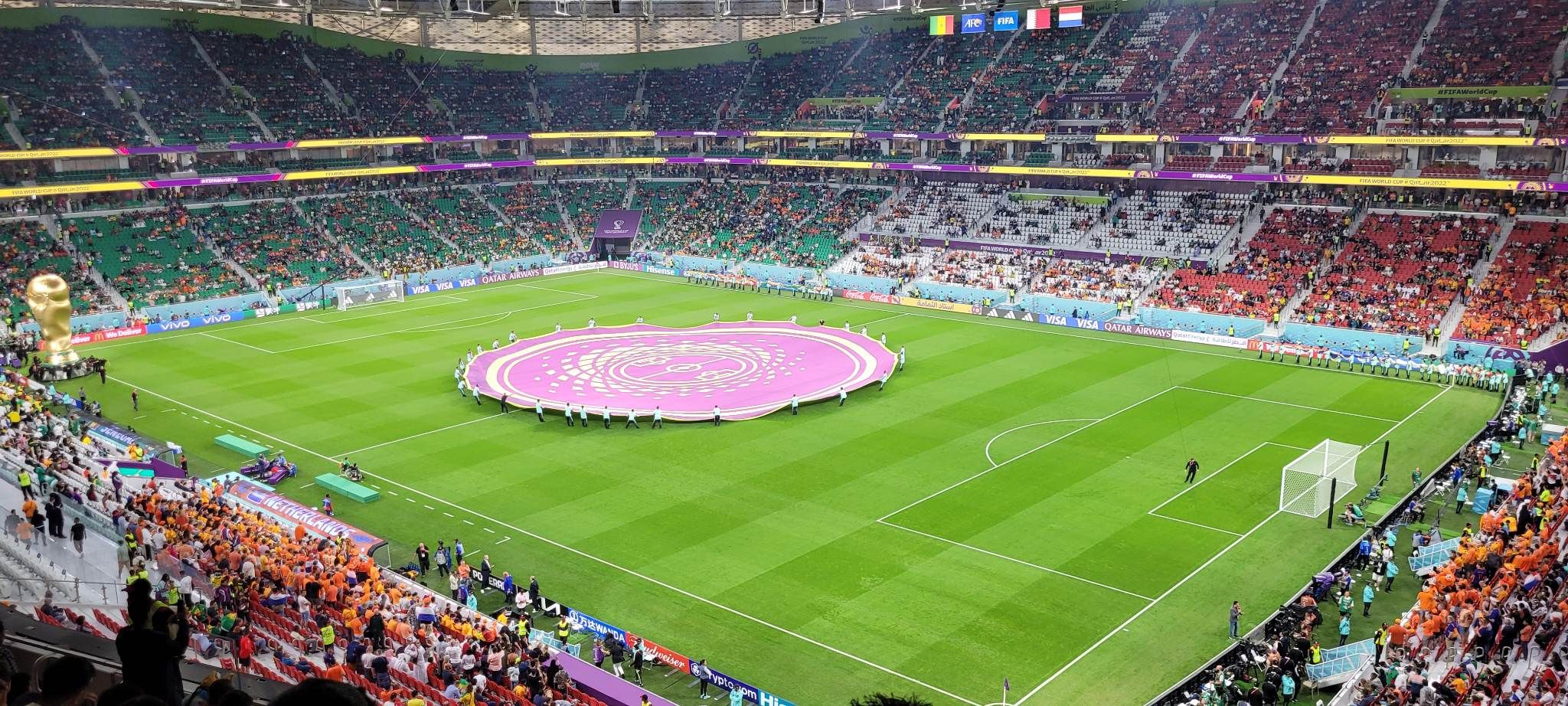
Beyond the rainbow shirt incident, Grant Wahl had also been a vocal critic of Qatar’s government and its hosting of the World Cup. On his Substack, he specifically highlighted concerns about human rights, including a poignant post in which he sharply criticized organizers for the deaths of migrant workers involved in building the tournament stadiums.
Wahl’s direct critique read, “They just don’t care. Qatari World Cup organizers don’t even hide their apathy over migrant worker deaths, including the most recent one.” This particular statement resonated deeply, drawing attention to one of the most contentious aspects of Qatar’s World Cup preparations.
The World Cup in Qatar has faced persistent criticism for what many observers term ‘sportswashing,’ a practice intended to use sports events to improve a country’s image, often in the face of concerning human rights records. The host nation’s treatment of the LGBTQ+ community, where male homosexuality is punishable by a prison sentence and same-sex marriages are not recognized, has been a significant point of international contention and protest.
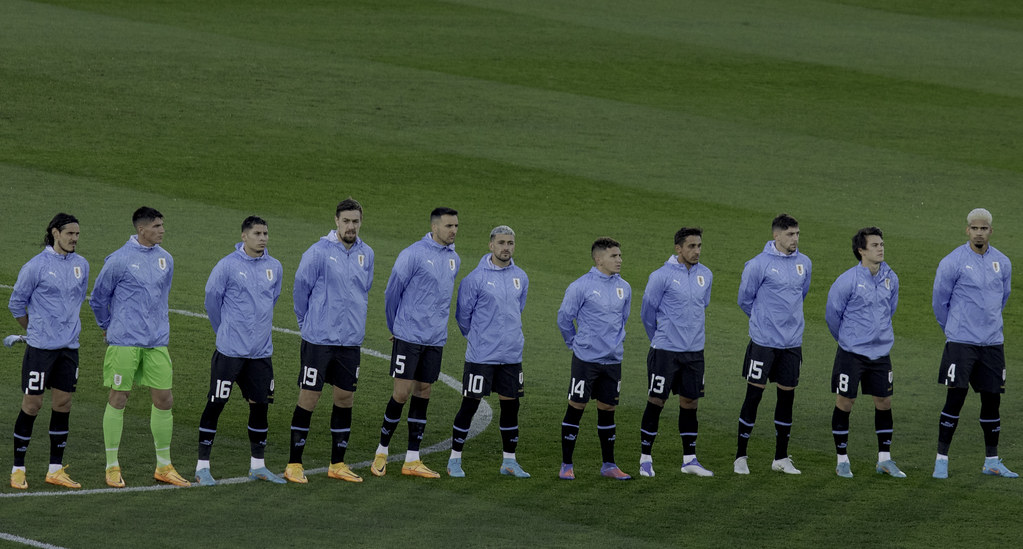
The combined weight of these incidents—two journalists dying suddenly and a security guard sustaining critical injuries—has cast a long, uncomfortable shadow over the tournament. While officials express condolences and promise investigations, the incidents have amplified existing concerns regarding transparency, worker safety, and human rights within the host nation.
The deaths of Khalid al-Misslam and Grant Wahl, alongside the serious injury of a security guard, have irrevocably altered the narrative of the Qatar World Cup. They serve as a stark reminder that even amidst the global celebration of sport, profound questions about safety, justice, and accountability persist, demanding clear and comprehensive answers that have yet to fully emerge.


